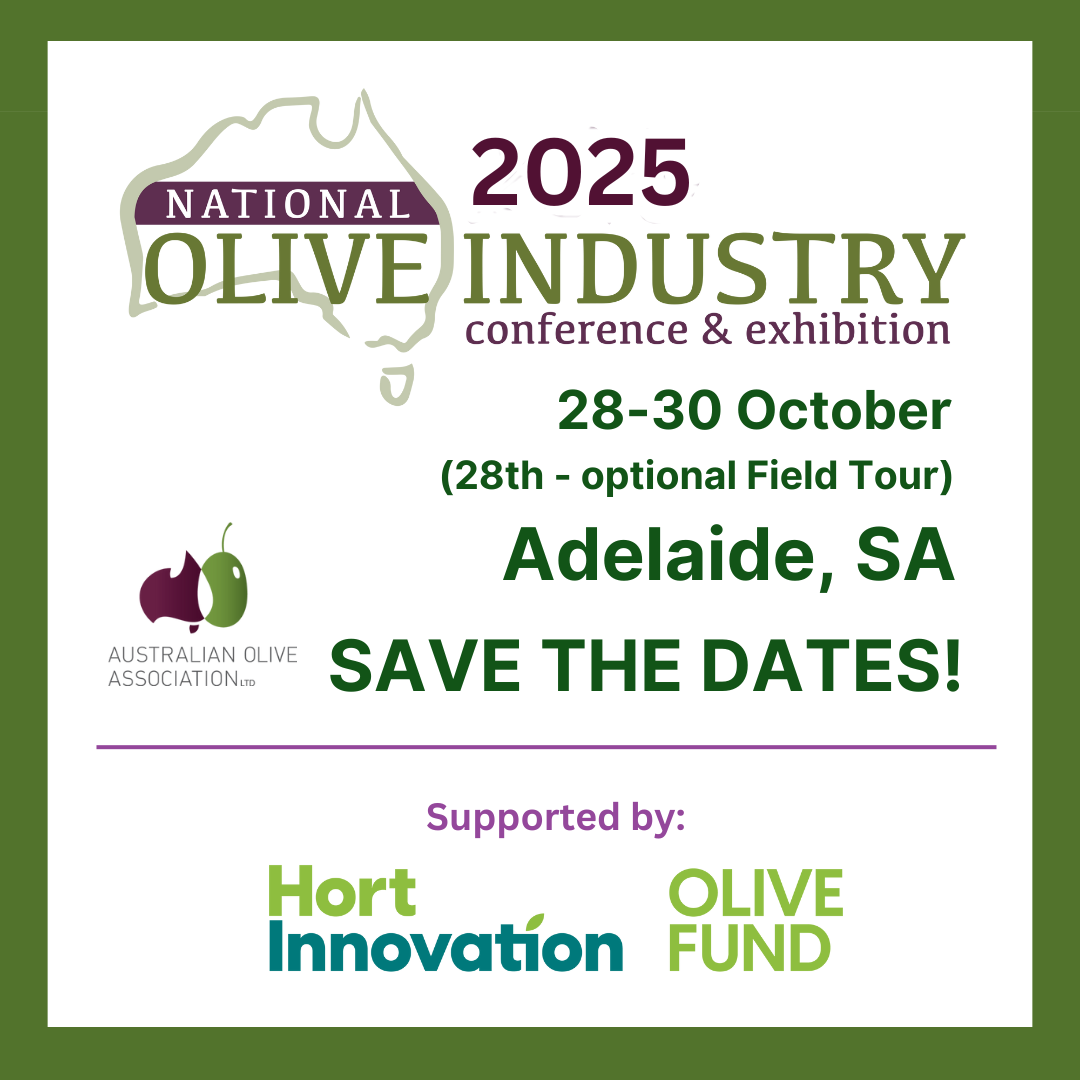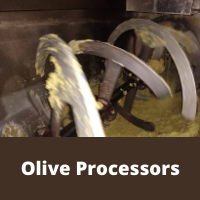The Australian Olive Association is seeking three members for the Industry Compliance Committee (ICC) to administer the industry’s Code of Practice.
As the national body for Australia’s olivegrowers and producers of olive products, the Association has set-up an industry Code of Practice with the purpose to enable industry parties to certify that their products are authentic and meet quality standards.
The Code will also provide a process, based on fair trading and misleading and deceptive conduct concepts, for those who have complaints about olive products.
The ICC will operate on a part-time basis, supported by the Association’s secretariat and in calling for nominations AOA president Paul Miller said it was not expected that the workload would be heavy as so far there have been few problems in the industry.
The appointment will be initially for two years and Miller said the costs of participation would be paid as well as a fee to be agreed.
The Code is based on the guidelines for developing effective voluntary industry codes of conduct issued by the Australian Competition and Consumer Commission, which was consulted in preparation of the Code.
Entirely voluntary, the Code applies only to industry parties who subscribe to it as members of the Australian Olive Association which has overall responsibility for its administration.
Signatories to the Code will undertake to abide by requirements with respect to fair trading, product traceability, food safety, complaints handling and any other matters determined by the industry, such as, for example, environmental management.
Signage and promotion developed to support the Code will be available for use by signatories.
Application of the Code requirements will rely on self-assessment supported by objective testing processes and a random checking or testing process. The random checking or testing process will apply to all olive products available in Australia, whether or not they are produced by parties to the Code.
Action under the Code could flow from handling of complaints or from random product testing. Sanctions range from agreement to correct a problem to action under the Trade Practices Act or other relevant legislation and suspension of the offending party.
The Committee is to submit an annual report, including an audited financial report and statistics and evaluation in relation to its functions.
The primary role of the Committee is to provide credible and fair judgment on issues raised under the Code of Practice about product authenticity and quality, and any other related matters. The Code is administered by the Australian Olive Association, with its Secretariat (Chuck L’Heureux) providing administrative support, including for the Committee.



